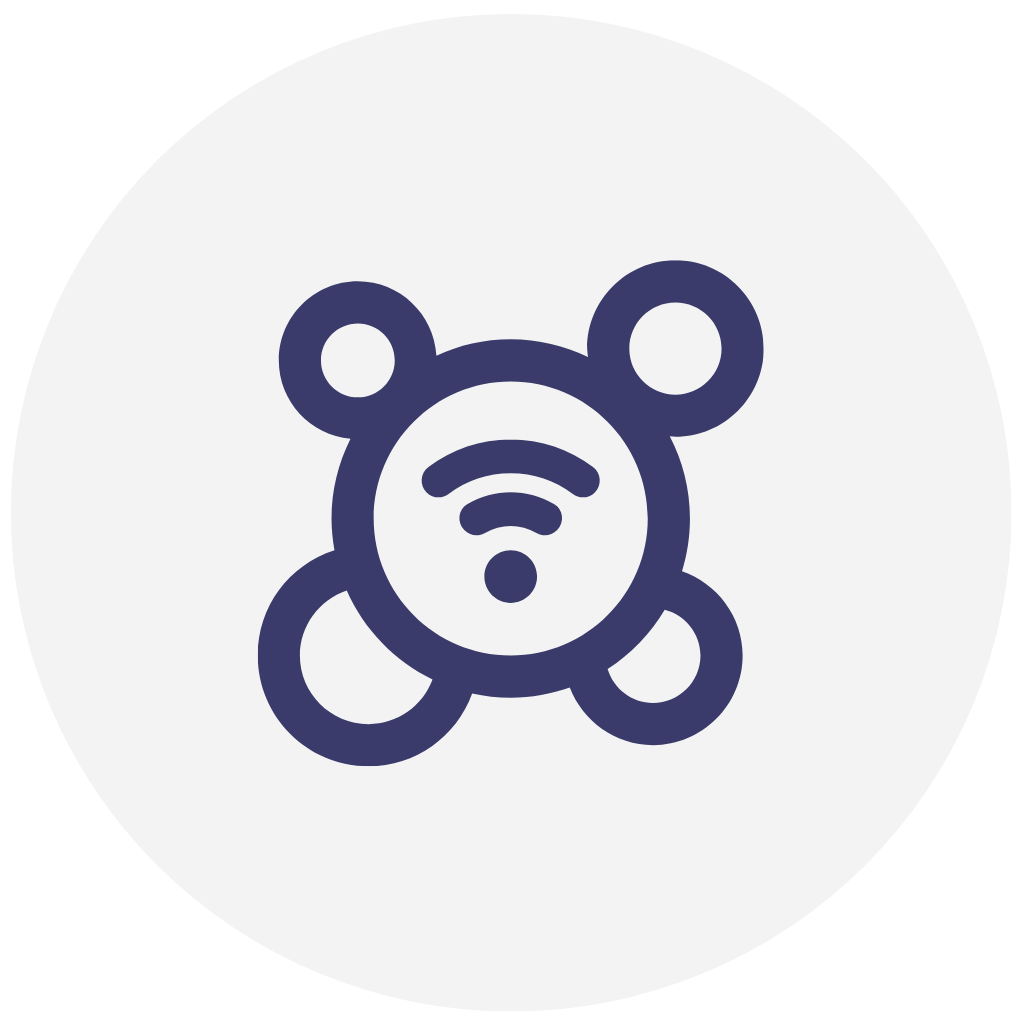The different ways through which AI is influencing the learning process and some of the benefits of employing this type of technology in modern learning.
The emergence of Artificial Intelligence (AI) has brought about significant transformations in various aspects of our lives, including education. AI is revolutionizing the learning process by offering innovative tools and approaches that cater to students’ needs and enhance their educational experiences. From personalized learning to adaptive assessments, AI is reshaping traditional educational methods and opening up new possibilities for students. In this ever-changing landscape, students now have the opportunity to engage with AI-powered systems, seek assistance from essay-writing companies like Peachy Essay, and explore a world of intelligent technologies that are shaping the future of education. This article delves into how AI changes the learning landscape and empowers students to embark on a personalized and adaptive learning journey.
Personalized Learning
One of the key ways in which AI is transforming education is through personalized learning. This involves using algorithms and data analysis to create customized educational experiences for each student. By collecting and analysing student performance data, AI can identify their strengths, weaknesses, learning styles, and preferences. With this information, AI algorithms can then tailor the content, pace, and difficulty level of educational materials to suit each student’s specific needs. For instance, if a student excels in math but struggles with reading comprehension, AI can provide additional math exercises at an appropriate level while offering targeted reading comprehension strategies and resources. This personalized approach helps students learn more effectively and efficiently as they receive content and support that aligns with their unique requirements, thus enhancing their learning experience.
Intelligent Tutoring Systems
Intelligent tutoring systems (ITS) powered by AI utilize advanced algorithms and machine learning techniques to offer personalized and real-time support to students. These systems are designed to understand students’ individual needs and learning patterns. ITS can identify areas where students struggle or make mistakes by analysing their interactions, performance, and responses to educational content. Based on this analysis, the system provides targeted feedback, guidance, and assistance to help students overcome challenges and improve their understanding. ITS can adapt the pace and difficulty level of the instruction, offer hints or explanations, and present additional practice materials tailored to each student’s needs. Furthermore, these systems track students’ progress over time, allowing educators to monitor their development and make informed instructional decisions. With intelligent tutoring systems, students receive personalized, adaptive, and continuous support, enhancing their learning outcomes and fostering a more engaging and effective educational experience.
Adaptive Assessments
Adaptive assessments powered by AI revolutionize the traditional approach to testing by dynamically tailoring the difficulty and content of questions based on a student’s performance. AI algorithms continuously analyse the student’s responses, accuracy, and speed to adapt the assessment in real time. If a student answers a question correctly, the algorithm may present a more challenging question to gauge their deeper understanding. Conversely, if a student struggles with a question, the algorithm can provide simpler or scaffolded questions to help them grasp the concept. This adaptive approach ensures that students are appropriately challenged, avoiding boredom or frustration while providing a more accurate measurement of their knowledge and skills. By providing targeted assessments, AI-powered adaptive systems offer a more comprehensive and personalized evaluation of students’ abilities, helping educators identify areas of strength and areas that require further attention.
Transforming the Way Students Seek Support and Information
AI-powered virtual assistants like chatbots have revolutionized how students seek support and information. These virtual assistants are designed to understand and respond to students’ queries conversationally. They offer instant assistance and guidance on various topics, including subject-specific concepts, study materials, research resources, and general academic advice. Available 24/7, virtual assistants provide support outside of traditional classroom hours. Students can ask questions, seek clarifications, or request explanations, receiving accurate and relevant responses. This immediate support helps students overcome obstacles, promotes independent learning, and enhances their overall learning experience by providing on-demand access to information and guidance whenever needed. Furthermore, virtual assistants can adapt their responses to individual preferences and learning styles, offering personalized support for each student.
Enhancing Learning with Natural Language Processing
Natural Language Processing (NLP) is a branch of AI that focuses on understanding and processing human language. In education, NLP enables students to interact with educational resources using voice commands or text-based queries for a more natural and intuitive learning experience. Students can ask questions, give instructions or engage in conversations with AI-powered systems that comprehend and respond appropriately. NLP algorithms analyse the structure and meaning of input text or voice to generate relevant and contextually appropriate responses. This technology enhances accessibility by accommodating different learning styles and preferences. Students can engage with educational content using their preferred mode of communication and have interactive conversations with educational resources for deeper understanding and engagement with the material.
AI Tools Enhance Collaborative Learning
Collaborative learning is greatly improved with the use of AI tools. These tools allow students from different locations to collaborate and work together on projects and assignments. AI-powered platforms create virtual spaces where students can connect, communicate, and collaborate in real time. These platforms offer features like shared documents, video conferencing, and instant messaging, facilitating effective collaboration and teamwork. AI algorithms analyse group dynamics by monitoring participation levels, communication patterns, and contributions from each member. This data analysis provides insights into optimizing collaboration, identifying areas for improvement, and ensuring equal participation within the group. Educators can use these AI-driven insights to effectively guide collaborative learning, enhancing group projects’ quality and promoting valuable teamwork skills among students. Additionally, AI tools assist in organizing and coordinating group tasks, assigning roles, and facilitating smooth communication to further support the collaborative learning process.
AI has made a significant impact on how students learn. It revolutionizes education by providing personalized learning experiences through intelligent tutoring systems, adaptive assessments, virtual assistants, and more. Students can now access tailored educational content, real-time feedback, and assistance from AI-powered virtual assistants or essay-writing companies. These advancements improve accessibility and engagement while promoting individualized learning interventions and collaborative approaches. As AI continues to evolve, it has immense potential to transform education further by offering increasingly sophisticated tools and resources for enhanced learning outcomes. Embracing the power of AI creates a future where education is tailored to each student’s unique needs, fostering lifelong learners equipped with the skills necessary for success in a rapidly changing world.

 People Counting
People Counting Conversion Analytics
Conversion Analytics Customer Behavior
Customer Behavior Occupancy Management
Occupancy Management Queue Analytics
Queue Analytics Restroom Management
Restroom Management Guest Wifi Marketing
Guest Wifi Marketing Corporate WiFi Access
Corporate WiFi Access Retail
Retail Shopping malls
Shopping malls Hospitality
Hospitality Public Venues
Public Venues